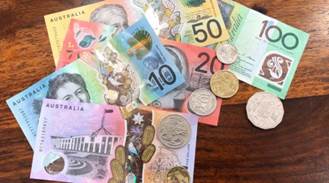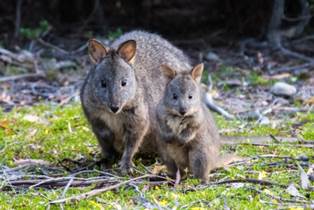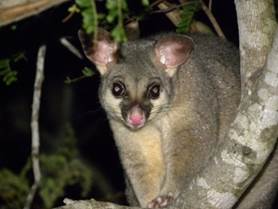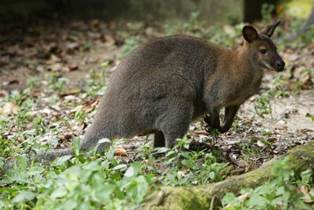
Useful information
|
1. Australian plugs and voltage
|
|
|
|
220-240 V Australian electricity runs on 220-240 V and 50 Hz. |
|
2. Tipping (gratuities)
|
|
|
Tipping is generally not expected in Australia. Some restaurants and pubs have tipping jars, but they're not commonly used. If you have particularly good service and/or are out to dine with a large group then you might choose to leave a tip. 10% or rounding up to the nearest $10 would be reasonable. |
|
|
3. SIM cards
|
|
|
https://www.airalo.com/ is very good for eSIMS Optus (https://www.optus.com.au/) offers physical as well as e-sim cards for tourists in Optus stores all around Australia and they have some standard tourist plans e.g 5 GB data + unlimited calls/sms for 7 days = $12 AUD |
|
|
4. Credit cards and currency
|
|

|
Paying by credit card is extremely common. VISA and Mastercard are accepted everywhere. American Express (AMEX) is much less common and many places will not accept it (high fees). Australian currency is in dollars and cents and is the only currency accepted. We stopped using 1 and 2 cents coins many years ago, so prices will be rounded up or down to the nearest 5 cents. And, yes, our money is colourful and plastic! |
|
5. Goods and Services tax (GST)
|
|
|
Goods and services tax (GST) is a broad-based tax of 10% on most goods, services and other items sold or consumed in Australia. Most prices will have GST included already. Your receipt will tell you how much the GST portion was. |
|
|
6. Tourist Refund Scheme (TRS)
|
|
|
The TRS allows overseas visitors to claim a refund (subject to certain conditions) of the goods and services tax (GST) and Wine Equalisation Tax (WET) paid on goods bought in Australian currency and then taken out of Australia. To lodge a claim, visit the TRS counter at your port of departure with the required documentation (receipt from cash register should be sufficient) and the goods you intend to claim a GST refund for. |
|
|
7. Driving and car rental
|
|
|
|
|
|
8. Getting around Hobart
|
|
|
The bus operates seven days a week but may have limited service during weekends and public holidays. A Green card for the bus can be easily obtained from the metro shop in the town centre. Alternatively, cash is also accepted. Remember to signal the bus if you want to get on and be at the stop at least 5 mins early; buses can be a bit ahead of schedule. Of course, there are also E-scooters (please wear the helmet) and Uber. |
|
|
9. Quarantine at the Border
|
|
|
Australia in general has strict biosecurity laws and Tasmania has additional biosecurity requirements, so make sure not to bring any restricted items: see link below. Don’t be surprised if a sniffer dog checks out your luggage at Hobart airport. Don’t worry, the dogs are polite and will sit near your bag if they think there is a ‘problem’. https://nre.tas.gov.au/biosecurity-tasmania/biosecurity/travellers-guide-to-tasmanian-biosecurity-what-you-can-and-cant-bring-into-tasmania |
|
|
10. Weather
|
|
|
Tasmania is an island with a maritime climate. The weather can change quite quickly and can be very different in the central wilderness areas compared to the coast. Jackets and/or fleeces will always be useful. Bureau of Meterology: http://www.bom.gov.au/tas/forecasts/hobart.shtml A good site for getting coastal conditions (tides, swell, wind, etc.) https://www.willyweather.com.au/ |
|
Important Dates
Mar 18, 2024
Deadline for a
SIGN-UP for Mar 20th Excursions
Mar 25 and 26, 2024
June 30, 2024
Deadline for the Manuscript submission.
January 30, 2024 (PAST)
SIGN UP (PAST)
December 15, 2023 (PAST)
Confirmation Deadlines
November 30, 2023 (PAST)
Notification Deadline
Oct 2, 2023 (PAST)
Closes - midnight Vancouver, BC Canada, FIRM date!
September 30, 2023 (PAST)
Exhibition Deadline
- Submit Expression of Interest Form to contribute your plankton-inspired artwork to the zooplankton exhibition.
July 20, 2023 (PAST)
March 31, 2023 (PAST)
Past Deadline
- Session/Workshop Theme Proposal submission




